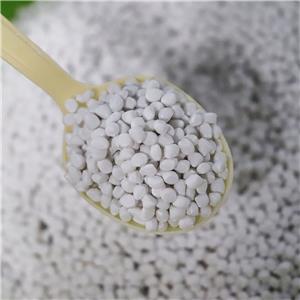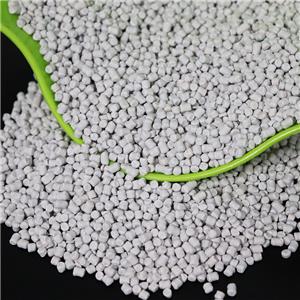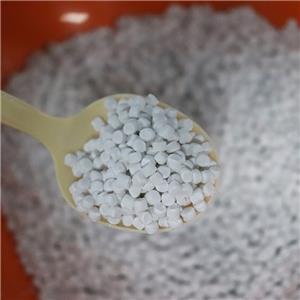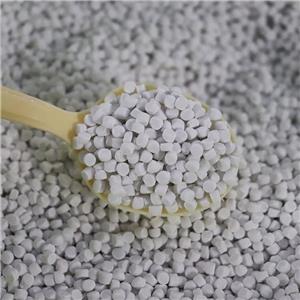Anti-caking effect of talc in agricultural fertilizers
Talc is a common mineral that is widely used in various fields because of its many unique physical and chemical properties, such as high purity, low impurities, excellent adsorption and stability. Talc also plays an important role in agricultural production, especially in the application of agricultural fertilizers.
Physical and chemical properties of talc
The main component of talcum powder is water-containing magnesium silicate, which has low hardness and good lubricity and adsorption. The density of talc is low, about 2.7g/cm³, and it is characterized by high temperature resistance and chemical stability. In water, talc has good solubility and can release beneficial elements such as magnesium and silicon. These unique physical and chemical properties make talc in agricultural fertilizer has an important role.
Anti-caking effect of talc in agricultural fertilizers
In agricultural fertilizers, the anti-caking effect of talc is mainly reflected in the following aspects:
Improve soil structure: magnesium, silicon and other elements in talc can promote the activity of microorganisms in the soil, which in turn improves the soil structure, water retention and permeability of the soil.
Improve fertilizer utilization: talc can be adsorbed on the surface of fertilizer particles, reducing the mutual adsorption of fertilizer particles, thus improving the utilization of fertilizer.
Prevent caking: the fine texture and excellent adsorption properties of talc can effectively prevent the caking of fertilizer and ensure the long-term effectiveness of fertilizer.
Comparative analysis of other anti-caking agents
Compared with other common anti-caking agents such as bentonite, bumpy clay, etc., talc has significant advantages in the anti-caking effect of agricultural fertilizers. Firstly, talc is widely available and relatively inexpensive, which is suitable for large-scale application. Secondly, talc is chemically stable and does not negatively affect soil and plants. In addition, talc is rich in magnesium, silicon and other beneficial elements, which can promote the growth and development of plants, with a one-two punch.
In summary, talc has a significant anti-caking effect in agricultural fertilizers, which can effectively improve the soil structure, increase the utilization rate of fertilizers, and prevent the caking of fertilizers. Compared with other common anti-caking agents, talc has the advantages of low price, wide source, stable chemical properties, and containing beneficial elements. Therefore, in agricultural production, the rational use of talc as an anti-caking agent for agricultural fertilizers has important practical significance and application value.




